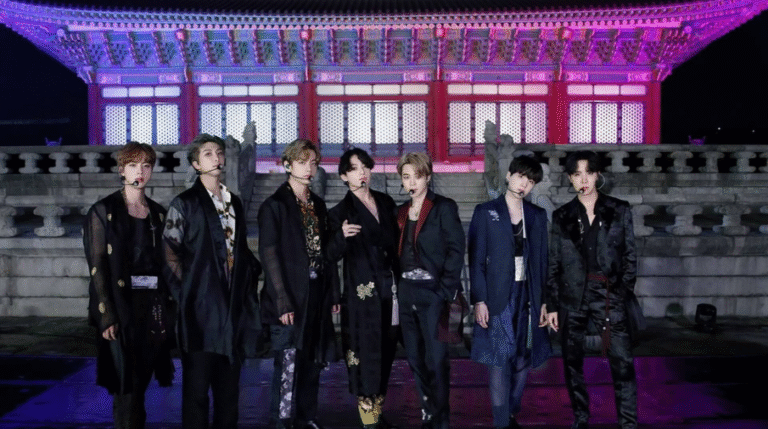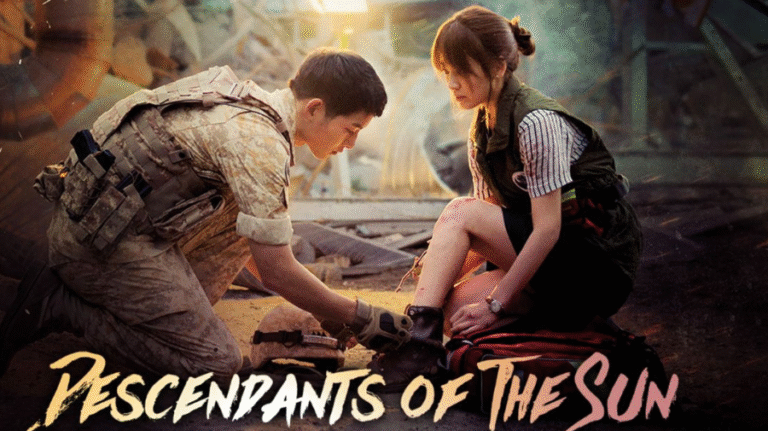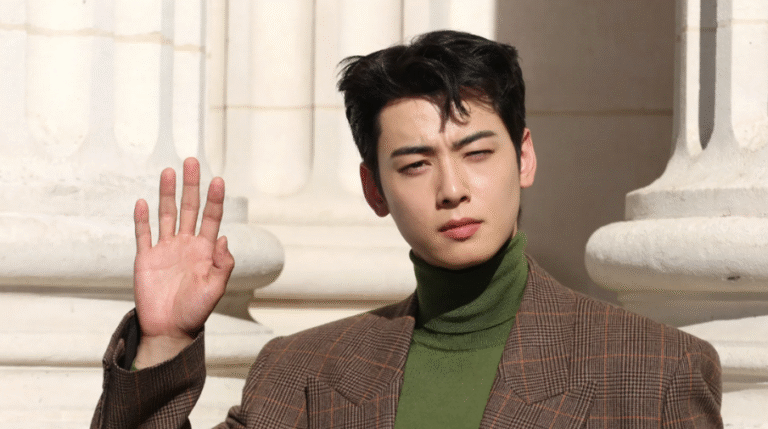
Attachment styles have long intrigued psychologists and researchers. But now, thanks to pop culture and social media, this concept has entered everyday conversations.
People now talk about them during casual chats and therapy sessions. But most still don’t realize how deeply these styles affect our way of connecting with others, loving them, and even choosing the kind of films we like.
The idea comes from British psychologist John Bowlby. Attachment theory says our early bonds with caregivers shape how we behave in relationships as adults. Based on this, attachment is divided into four main types, anxious/preoccupied, avoidant/dismissive, disorganized/fearful-avoidant, and secure. Each type has its own traits.
What’s interesting is that Bollywood often shows these emotional patterns clearly in its characters and stories.
Your favorite Bollywood movie might be more than just a source of entertainment. It could be quietly telling the story of your own emotional patterns. Your attachment style might reflect in the way you chase love, avoid it, fall into emotional chaos, or maintain healthy boundaries, and your favorite film could be revealing it all.
Let’s break it down and see what your favorite Bollywood films say about the way you connect emotionally:
Anxious/Preoccupied Attachment: When Love Feels Like a Lifeline
People with this attachment style often have a strong fear of being left alone. They need constant reassurance, overthink their partner’s actions, and hold on too tightly, even when the relationship causes pain. Their deep need for love shows up as strong emotions and self-doubt. Bollywood has captured this emotional urgency in films where love feels intense, one-sided, and full of longing.
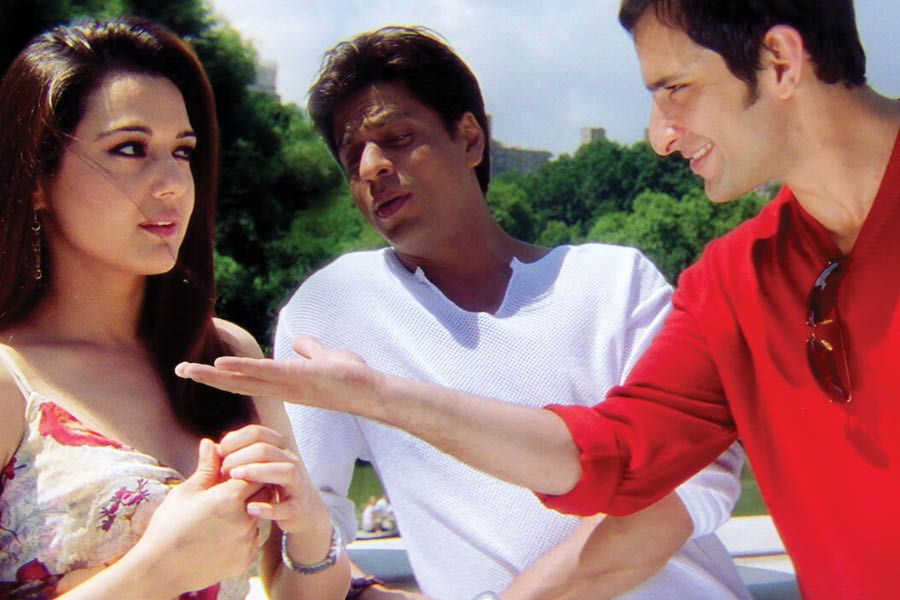
Kal Ho Naa Ho
Aman hides his pain while trying to keep others happy. Naina depends on Aman’s presence to feel safe. Her deep emotional need, longing, and fear of letting go show signs of anxious attachment. This film is about loving too much and fearing loss even more.
Ae Dil Hai Mushkil
Ayan is a perfect example of an anxiously attached person. He confuses friendship with love, struggles to handle rejection, and breaks down when his feelings aren’t returned. His connection with Alizeh becomes obsessive rather than caring.
Devdas
Devdas shows the anxious style in its most extreme form. He can’t handle emotional rejection. His need for Paro’s love and approval leads him toward destruction. His love isn’t stable. Rather, it’s a desperate effort to hold onto something that was never truly his.
Avoidant/Dismissive Attachment: When Love Comes With Distance
People with avoidant attachment usually feel uncomfortable with emotional closeness. They like their independence so much that they push others away. When things become too emotional, they shut down. In Bollywood, these characters often seem afraid of commitment or distant in relationships. Their stories show how they learn the meaning of love after going through emotional challenges.
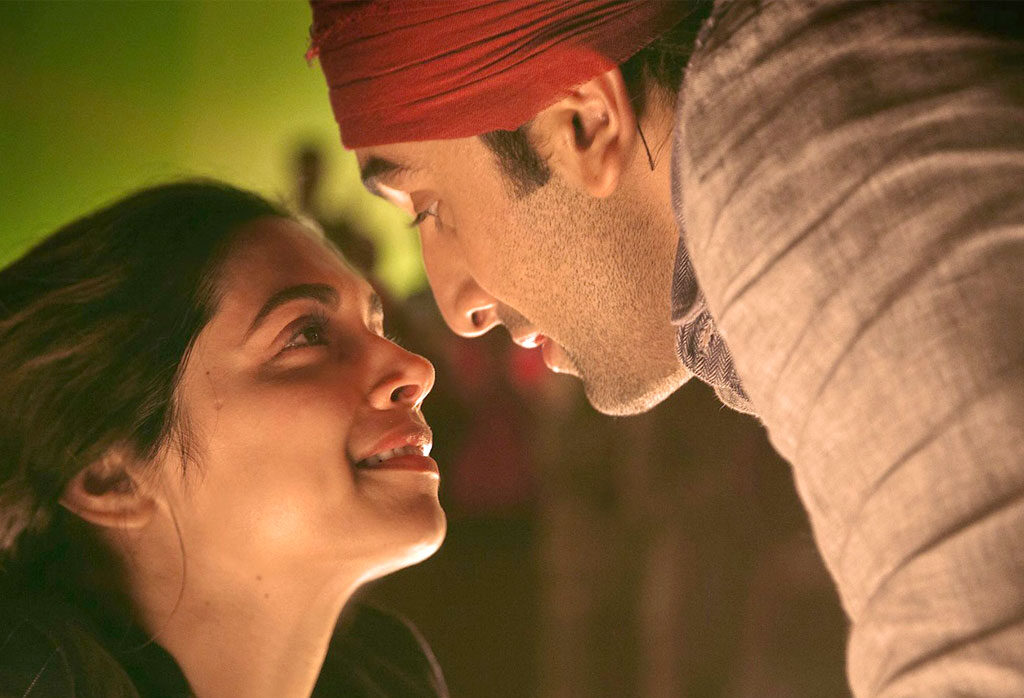
Tamasha
Ved creates a fake version of himself to please others while hiding who he really is. He avoids emotional honesty and feels unsure about love. His journey is about taking off the mask and learning to accept both himself and love.
Yeh Jawaani Hai Deewani
Bunny avoids close connections by always being on the move. He picks travel over relationships and avoids emotional responsibility. Naina offers him stability, but Bunny fears being tied down. His story shows how avoidant people often need time, and tough lessons, to open their hearts.
Love Aaj Kal (2009)
Jai is modern, logical, and emotionally distant. He believes in relationships without commitment. When Meera talks about long-term love, he picks his career and freedom instead. But later, his emptiness shows that avoidant people often hide their emotional fears behind practical choices.
Disorganized/Fearful-avoidant Attachment: When Love is Both Wanted and Feared
This attachment style is a mix of anxious and avoidant traits. It often comes from trauma or unstable early relationships. People with this pattern want love, but also fear it. They may act warm one moment and pull away the next. Bollywood’s more intense and emotional films often show this kind of struggle.
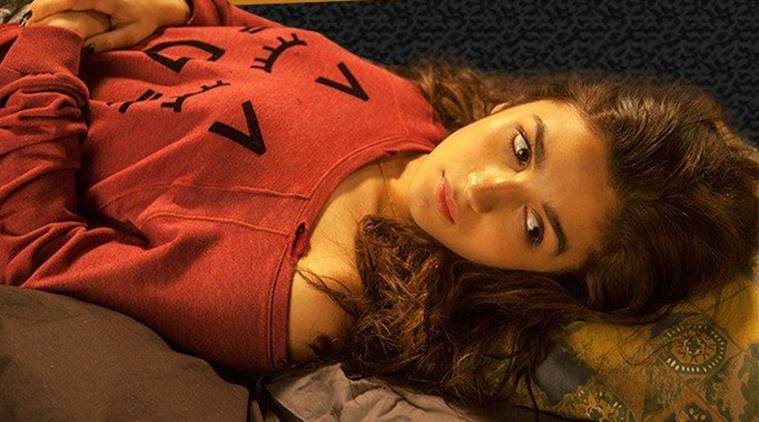
Aashiqui 2
Rahul loves Aarohi but feels he doesn’t deserve her. He switches between being loving and distant. His emotional ups and downs, along with substance use, show the harmful patterns of disorganized attachment.
Dear Zindagi
Kaira pushes people away when she starts feeling close to them. Her fear of being left and painful past lead her to ruin her relationships. Therapy helps her realize that wanting love doesn’t mean she’s weak, it means she needs to learn how to trust again.
Rockstar
Jordan’s deep feelings for Heer become toxic. He can’t express his love without turning angry or cold. His wild emotions and confusion clearly show disorganized attachment.
Secure Attachment: When Love is Grounded in Trust
Bollywood often focuses on heartbreak and dramatic love stories. But sometimes, it gives us healthy relationships too. In these stories, love is based on trust, honest talk, and respect. The characters are emotionally strong and open. They give and receive love without fear.
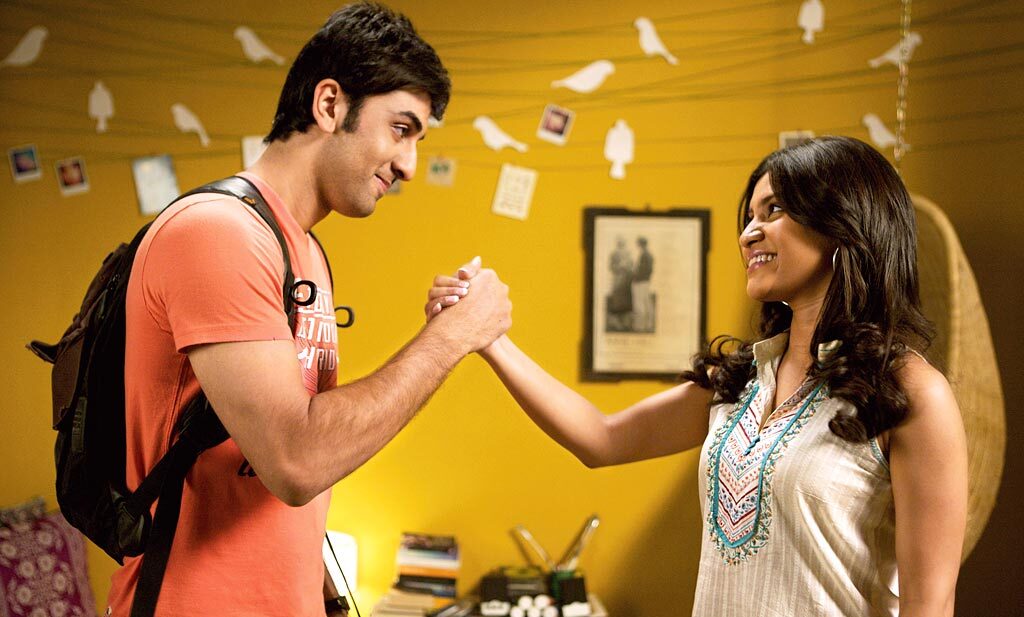
Wake Up Sid
Sid starts off as careless and avoids responsibilities. But over time, he matures and builds a strong, meaningful bond with Aisha. Their relationship grows with good communication, respect, and patience, showing a secure attachment.
Jaane Tu… Ya Jaane Na
Jai and Aditi begin as best friends who know each other deeply. Their love grows slowly, not through big gestures but through emotional closeness. Even their fight is about misunderstanding, not fear or control. When they get back together, it feels natural and honest.
Dilwale Dulhania Le Jayenge
Raj and Simran show love that is respectful, fun, and steady. Even with family issues, their bond stays strong. Raj’s patience and Simran’s trust reflect a secure and healthy kind of love.
When Cinema Reflects Our Inner World
At first glance, these films may look like typical romantic dramas. However, for many, they reflect something deeper. Whether it’s watching Aman give up love, Bunny run from it, or Kaira fear it, these moments can feel very personal. After all, these characters reflect the emotional wounds many people carry inside.
Understanding your attachment style doesn’t just explain how you act in relationships. But it also helps you grow and heal. In this way, Bollywood, with all its emotional journeys, might be one of the most powerful tools to understand how we love.
So, the next time you watch your favorite film, don’t just ask who you relate to. Ask why.
For more such interesting stories, stay tuned with The World Times.

